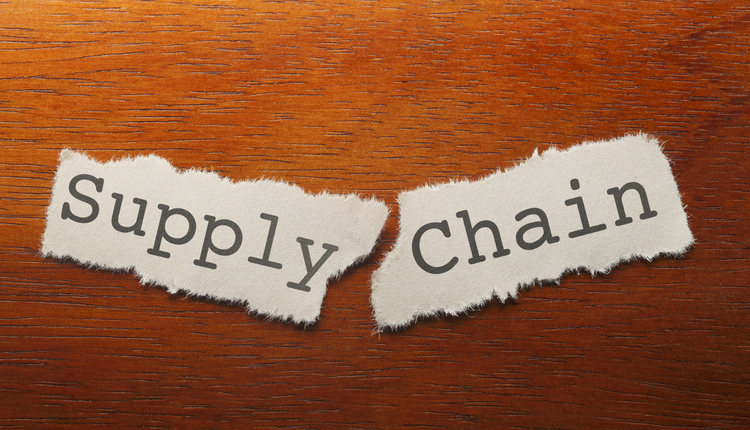This article originally appeared in the July/August, 2018 issue of PARCEL.
Threats have now become a reality as global trade comes under attack. Actions such as tariffs and Brexit are risks that shippers must monitor vigilantly in order to adapt quickly to minimize any negative impacts on supply chains.
As part of the current US government administration’s campaign promise to bring jobs back to the US, the US imposed tariffs on steel and aluminum imports from China, the European Union, Canada, and Mexico earlier this year. Since then, retaliatory tariffs have been enacted on the US. Political intervention in trade, such as tariffs, is a supply chain risk that is difficult to manage.
While tariffs are nothing new in US history, the impact on today’s supply chains could be drastic and result in the forced redesign of supply chains that favor regional versus global demands. A good example is the automotive industry. Typically utilizing a just-in-time supply chain model, inventory on hand is kept at a minimum and parts are often shipped from one country to the next via two-day shipping or other quick delivery method to ensure assembly is not disrupted in any way. In response to the June EU retaliatory tariffs, for example, Harley Davidson, the iconic US-based motorcycle manufacturer, announced plans to move some manufacturing to the EU to avoid tariff impacts as much as possible.
In addition, those automotive parts that are shipped from one country to the next are often delivered by the major integrators: DHL, FedEx, and UPS. In many situations, the three integrators also handle the end-to-end shipment including fulfillment and transport, whether its air, ocean, road or rail, and customs clearance. Even though the Big Three will probably not suffer major volume losses stemming from the latest political interference, they could experience a shift in lane routes and higher demand for customs clearance services as shippers, carriers, and the international trade and political communities try to figure out the costs and impacts of a trade war.
Another big political risk, Brexit, is one that could reshape European business as the UK looks to end its membership in the European Union. More questions than answers continue as March 29, 2019, the day set for UK’s leave, draws closer. Shippers’ voices are growing louder in frustration as resolutions such as the handling of customs remains unknown with just eight months (as of the writing of this article) remaining before the official exit. Because of all the unknowns, relocation threats from companies such as BMW and Pfizer grow louder.
Effects on Shippers’ Operations
Political risks such as tariffs and Brexit usually involve a lot of unknowns including customs, costs to logistics providers as well as shippers, and the impact on downstream supply chains. In terms of tariffs, a maritime research firm, Drewry, estimates up to seven percent of Asia-to-US shipping is at risk and impact 1% of total global shipping. From there, tariffs will have a ripple effect through supply chains. The ports will certainly feel the impact, in particular the ports of Los Angeles and Long Beach, which combined handle almost half of all US imports from Asia. Rails will also feel the effect. Class I railroad, Union Pacific, for example, has noted that 13% of its revenue is driven by trade with China because its trains carry goods inland from the ports.
Trucking also is impacted as many transport goods from ports, but the effect is also noticeable in cross-border trade with Canada and Mexico. With NAFTA already in a questionable state, tariffs could financially impact revenues of leading US trucking firms. According to Bob Costello, chief economist for the American Trucking Associations, “NAFTA is critical to trucking, with cross-border NAFTA freight representing $6.5 billion in revenues annually for trucking firms and with 31,000 truck driver jobs completely dependent on hauling cross-border goods.”
As global trade comes under political scrutiny, supply chains will need to be able to adapt quicker than ever before as changes in tariffs, Brexit, and other political announcements are made. Higher supply chain costs will likely be the end result of such interventions. Ultimately, such costs are passed down to the consumer in the form of higher prices for goods and services.
John Haber is founder and CEO, Spend Perspectives.



















